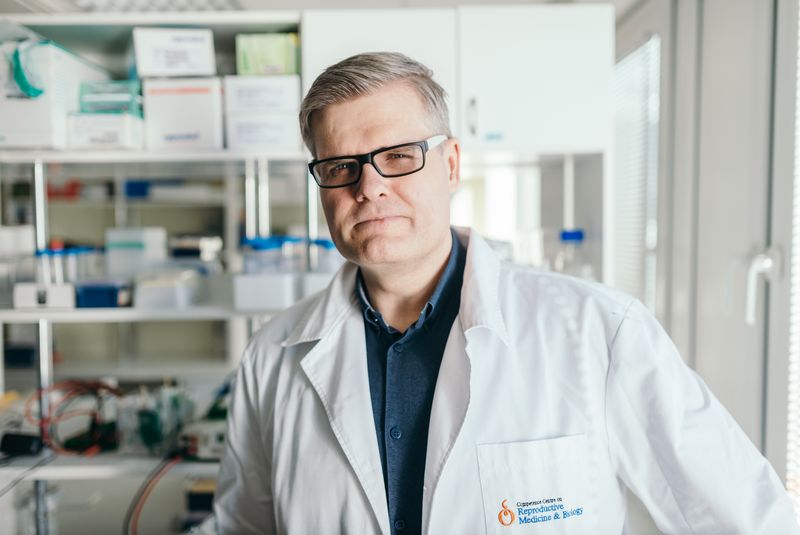

The aim of CCHT is through collaboration to create synergy between all partners in order to establish a platform for new opportunities to develop innovative technologies as well as to boost commercialization of scientific achievements. Our newest technologies are: • New patented molecular engineering technology GlobinLock® for removing globin RNA from clinical and research samples for sequencings. It simplifies significantly blood-based diagnostics and research. By overcoming effect of globin molecule in blood one gets ride of massive significant technical bias and have access all that immense biologically relevant molecules that typically stays undetectable. Comparing it with available technologies it is better in any field: it is more robust, 10 times faster and 30 times cheaper. As a result, GlobinLock® technology has the potential to increase the value of already collected and stored blood samples in biobanks worldwide, opening the possibility to use the valuable material in novel biomarker discovery. It contributes to the diagnostics as well as basic research and balances healthcare related high expenditures. • Patented TAC-seqTM technology is designed for unbiased detection of RNA and DNA molecules for next generation sequencing. It is a targeted quantitative sequencing method to analyse cell free DNA and mRNA applicable for Non-Invasive Prenatal Testing (NIPT) and cancer diagnosis for post-treatment possible relapse. • New evidence-based personalised medicine tool FERTIFY® for predicting female fertility and age-related infertility. Proprietary risk-assessment based on algorithm to estimate early reproductive aging. 800 genetic variants are analysed using array genotyping – identifying women with high risk for early menopause.

